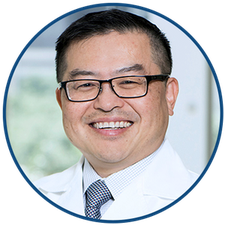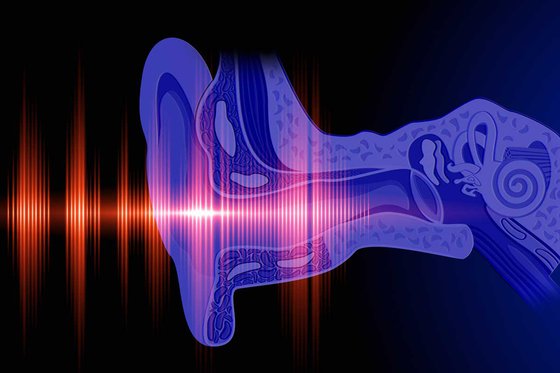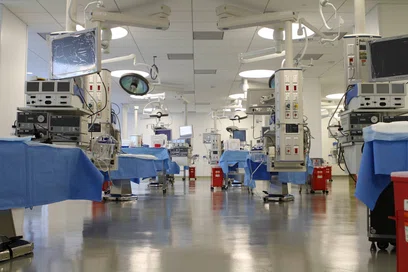

Face to Face
discover the newsletter


June 2022 ENT Newsletter
A Letter from the Chair
Best of times to influence medical education
Now is the time. This summer, we welcome our inaugural class of Otolaryngology – Head and Neck Surgery residents to Houston Methodist. It is a perfect time to pause, consider our intentions, our goals and our original ideals for our chosen profession so that these first impressions we give our first two residents are exactly what we want them to be. For me, I have the opportunity to pass on to a new generation of physicians the wisdom of my mentors who made me who I am and who challenged me to maintain excellence in this specialty.
We must be mindful of our best practices and make thoughtful decisions for our patients, our learners and for society, especially in the face of pervasive concerns that haunt the medical field.

Mas Takashima, MD, FACS
Technology in education
The Houston Methodist Academic Institute has been training Otolaryngology – Head and Neck Surgery residents for over 70

ANNOUNCEMENTS
Welcome to the hires of ENT Faculty for our regional locations, Baytown and Sugarland.
Sarah Xie, MD
HM Baytown
Otolaryngology -
Head and Neck Surgery
Danny Wong, MD
HM Baytown
Otolaryngology -
Head and Neck Surgery
Bailey LeConte, MD
HM Sugarland
Otolaryngology -
Head and Neck Surgery
in the news
ENT opportunities growing for medical student and sub-intern rotations
Houston Methodist is experiencing a surge in interest in Otolaryngology – Head and Neck Surgery from medical students and sub-interns who want to experience the range of complex, tertiary-level cases being seen by experts with innovative ideas in the department.
READ MORE

ENT advances clinical research initiatives
Although considered a newer venture for the department, the research arm of the Department of Otolaryngology/Head and Neck Surgery is well into advanced stages, collaborating in robust weekly meetings with many products ready for clinical trials initiatives. Houston Methodist also recently named the department’s first research fellow and research coordinator who is dedicated specifically to ENT initiatives.
LEARN MORE

Feature story
ENT residents start Houston Methodist Hospital tradition
Houston Methodist this summer welcomed its inaugural class of Otolaryngology – Head and Neck Surgery residents to the City of Houston in what is the first addition of a new ENT residency program to the Texas Medical Center in the past 50 years. Although a new program for the institution, the residents will experience the depth of learning and history from one of the nation's top hospitals as well as state-of-the-art training facilities and technology.

"Creating an ENT residency program opened our eyes to the unique quality we would have in developing our training from the ground up, start to finish, with the way of learning from Methodist Hospital," Dr. Mohyuddin said, where professionals, scientists and experts at the top hospital have honed and improved training programs, clinical and surgical techniques and medical decision making for more than 100 years.
Read now

The Department of Otolaryngology – Head and Neck Surgery
Click here
Physicians & Faculty
CLICK HERE
Departmental Education
Our mission is to provide the best patient care experience while training students, residents, fellows and physician scientists
CLICK HERE
Sign up for The Department of Otolaryngology – Head and Neck Surgery newsletter
Sign up


